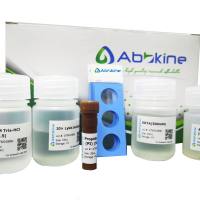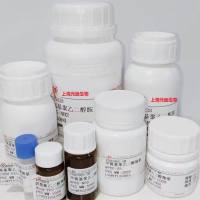Chemokine Overexpression in the Skin by Biolistic DNA Delivery
互联网
752
Chemokines are a family of small, secreted proteins that function in leukocyte and tumor cell trafficking and recruiting. CC chemokine ligand 21 (CCL21)/secondary lymphoid chemokine (SLC) belongs to the inflammatory subgroup of chemokines and is expressed by stromal cells in the T-cell-rich zones of peripheral lymph nodes, afferent lymphatic endothelial cells and high endothelial venules. CCR7 (both in human and mouse) and CXCR3 (in mouse) are expressed by the most potent antigen-presenting cells (dendritic cells), na�ve/central memory, and effector T cells, respectively. Inflammation in the skin can induce expression of CCL21 which is subsequently drained into loco-regional lymph nodes responsible for co-localization of antigen-presenting cells and T lymphocytes, a prerequisite for induction of adaptive immune responses. Here, skin functions as a remote control for induction of targeted cell migration in vivo. This chapter describes Gene Gun administration of plasmid DNA expressing functionally active CCL21 (as an example of a chemokine) into the skin in mice and subsequent functional evaluation of the transgene expression in vivo.









